Mambabasa
- 192 Posts
- 229 Comments
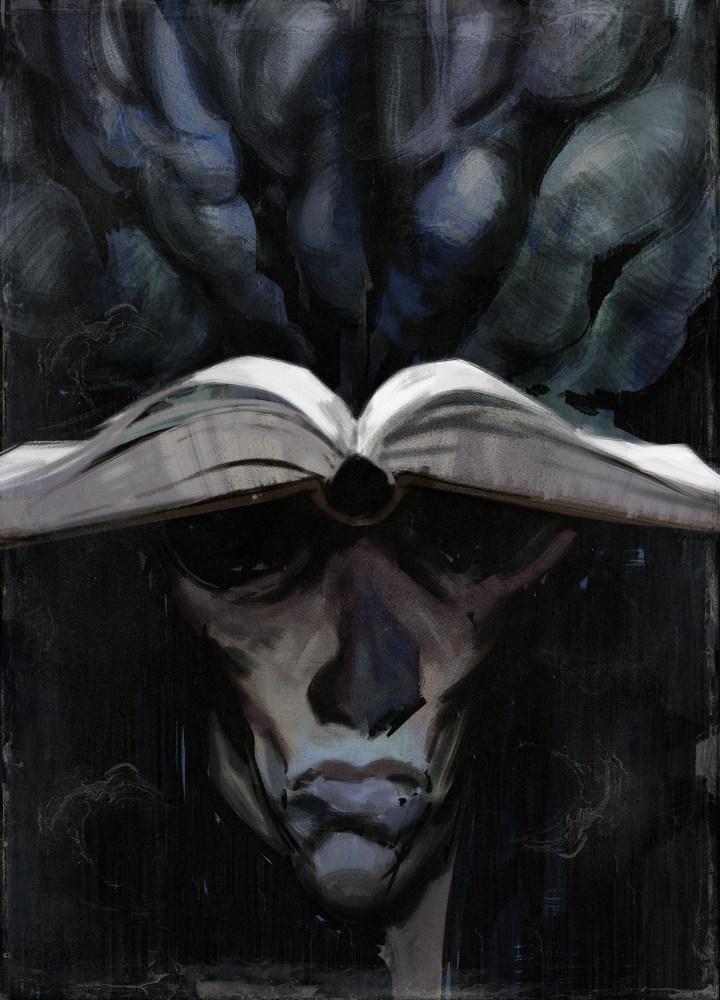
 1·1 month ago
1·1 month agoThanks.

 2·1 month ago
2·1 month agoThanks

 4·1 month ago
4·1 month agoOh that’s interesting. I noticed the mold as well when I leave it out. Could I grow mushrooms on it?

 4·1 month ago
4·1 month agoAlright, I’ll find a way to compost them

 3·1 month ago
3·1 month agoHmm but there was a visible chemical reaction when I mixed the coffee grounds and the baking soda, and when water was added it bubbled up. But thanks I’ll look up composting coffee grounds

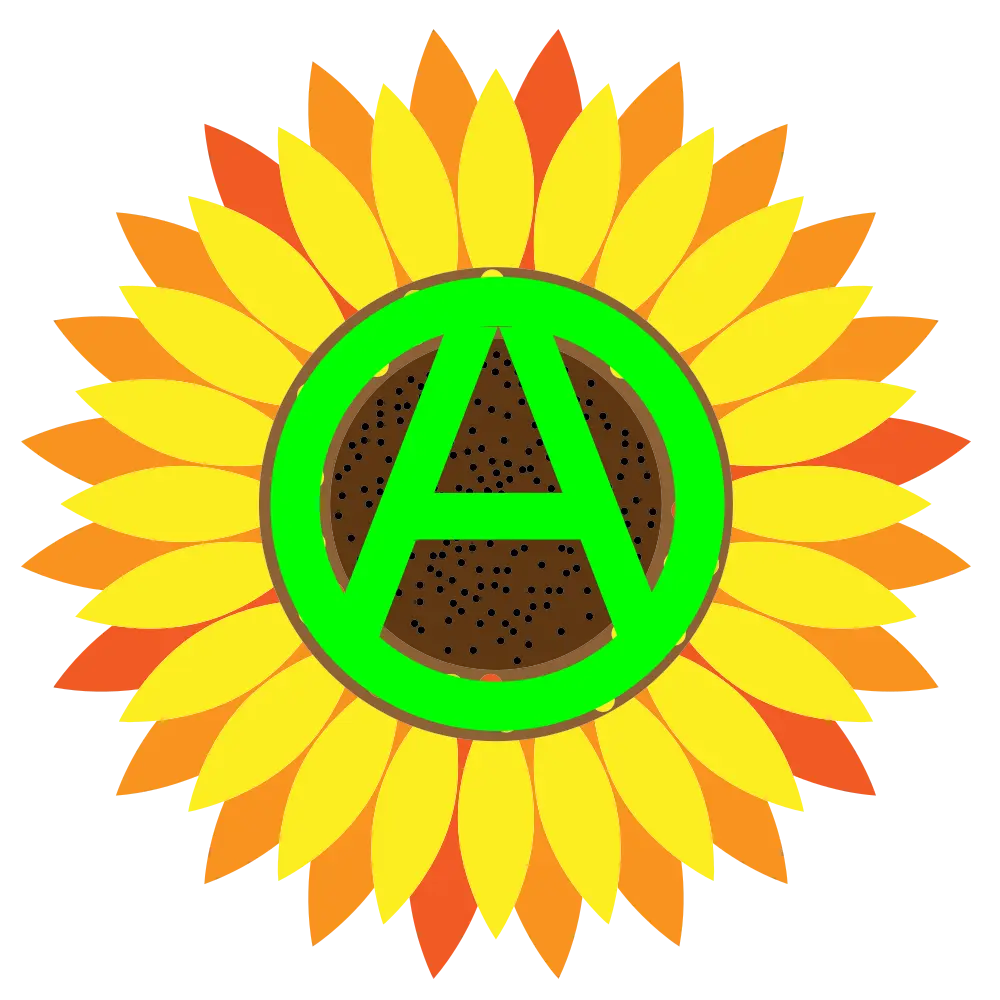 4·2 months ago
4·2 months agoI think you’re fundamentally misunderstanding that social relationships to harm are fundamentally changed under conditions of anarchy. I apologize for the misunderstanding as writing on obscure forums doesn’t exactly encourage me to write with vigor.
Of course there would be a plurality of violence under conditions of anarchy, but this does not fundamentally mean the rule of vigilantism. Right now, people have been dealing with harm without the state for generations. These are found in criminalized communities like Black and Indigenous people, people who use drugs, people who engage in sex work, etc. These people develop mechanisms by which to deal with harm without the state and oftentimes without engaging in vigilantism. For these people, vigilantism is not a court of first resort but a last resort. Vigilantism puts a target on their back from the state. Instead, they talk it out, develop safety plans, plan boycotts and bans, etc.
Rather than thinking of justice in anarchic terms as vigilantism, think of it in terms of people dealing with harm and conflict in healthy ways.

 3·2 months ago
3·2 months agoDuring the Ukrainian Revolution, there were all sorts of gangs that emerged that killed Jews and stuff. What did anarchists do? They killed those pogromists in turn. Under conditions of anarchy, there is no state that has a monopoly on the legitimate use of violence to punish those who break the “social contract.” Rather, there is a plurality of violence that various groups can inflict on offenders. If you fuck around, you will find out.
Is this a violent sort of life? Not really. It’s not as if Indigenous or pre-state peoples live in violence all the time. Sure, violence did happen, so what?, violence happens all the time under state societies too. The difference is that without a state, people cannot call on a higher power to coerce so they have to rely on each other to keep each other safe. Besides, the people doing the raping, stealing, and killing in state societies are precisely the people protected by privilege and the state. Under conditions of anarchy, such privileges mean very little.

 9·2 months ago
9·2 months agoAnthropology has a lot to teach us on how people dealt with such large-scale endeavors without the state. If there’s conflict, they find a mediator or perhaps hold a meeting between the two groups to hash these things out. Sometimes, two groups would go to war. But anarchy is not merely statelessness, it means a society of consent and collaboration without hierarchy. Previous forms of statelessness may see peoples going to war or exert hierarchy with one another over any sort of disagreement or conflict, but anarchy means means a commitment to figuring out how to settle conflict and disagreements without hierarchy. So yes, anthropology has a lot to teach us on how people dealt with conflict in healthy ways. Sometimes they’d settle conflict in violent ways, but our purpose is to learn from these and do better.
tl;d: how is this done? talk to each other and learn from how people mediated conflict without states.

 2·2 months ago
2·2 months agoWhat’s disturbing is that Fredy Perlman wrote that decades ago.
Finally, a correct answer within the context.
No the hydrogen is not a battery, it is gray hydrogen sourced from fossil gas or coal. This makes the hydrogen still a fossil fuel. Green hydrogen doesn’t have this problem.

 1·3 months ago
1·3 months agoOOoooh interesting stuff! Thanks for sharing.

 71·3 months ago
71·3 months agoI don’t think I count but I’ve been trying to push the envelope on social ecology in the climate movements in the Philippines

 251·4 months ago
251·4 months agoTo me, the meme acknowledges that GOG installers are shared in groups, which is piracy since the other people didn’t pay for it. (That doesn’t mean it’s bad btw.)

 151·4 months ago
151·4 months agoTo me, the meme acknowledges that GOG installers are shared in groups, which is piracy since the other people didn’t pay for it. (That doesn’t mean it’s bad btw.)

 341·4 months ago
341·4 months agoTo me, the meme acknowledges that GOG installers are shared in groups, which is piracy since the other people didn’t pay for it. (That doesn’t mean it’s bad btw.)

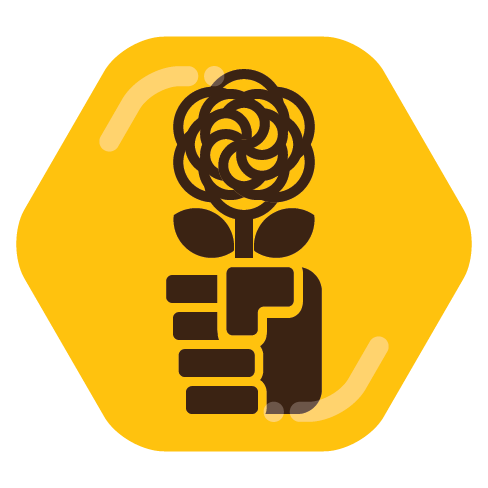 18·4 months ago
18·4 months agoPraying for a free Palestine in our lifetime.
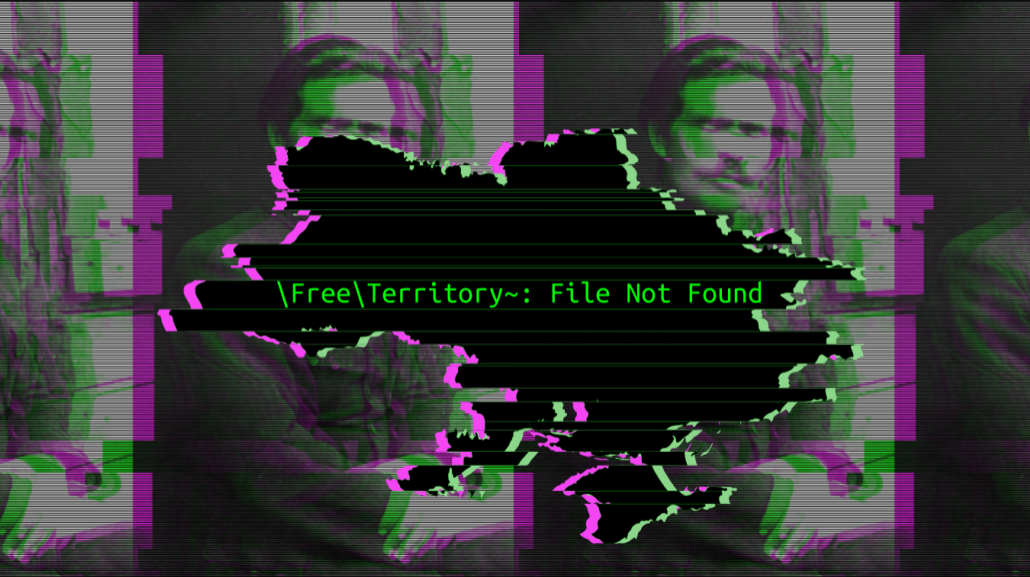
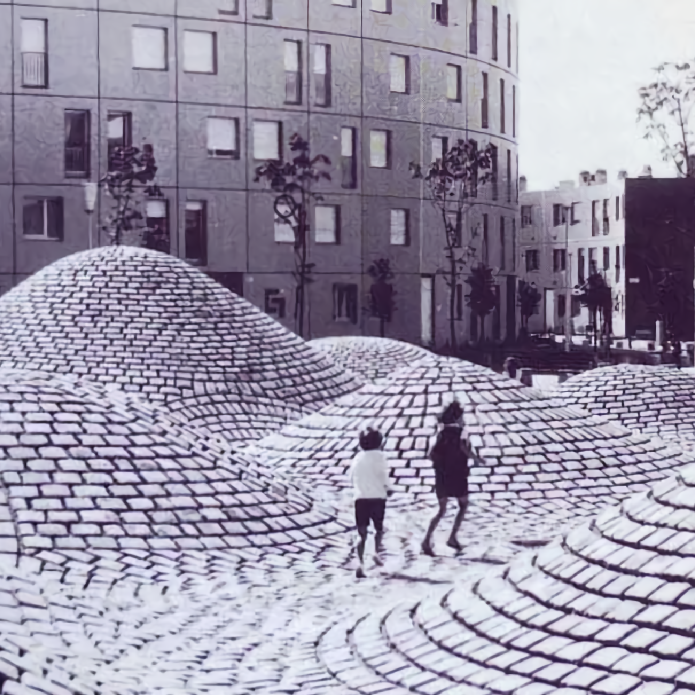


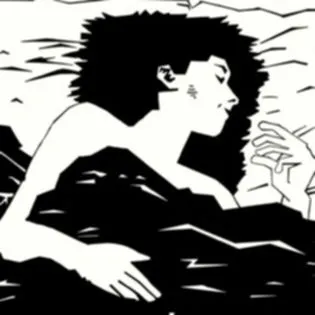




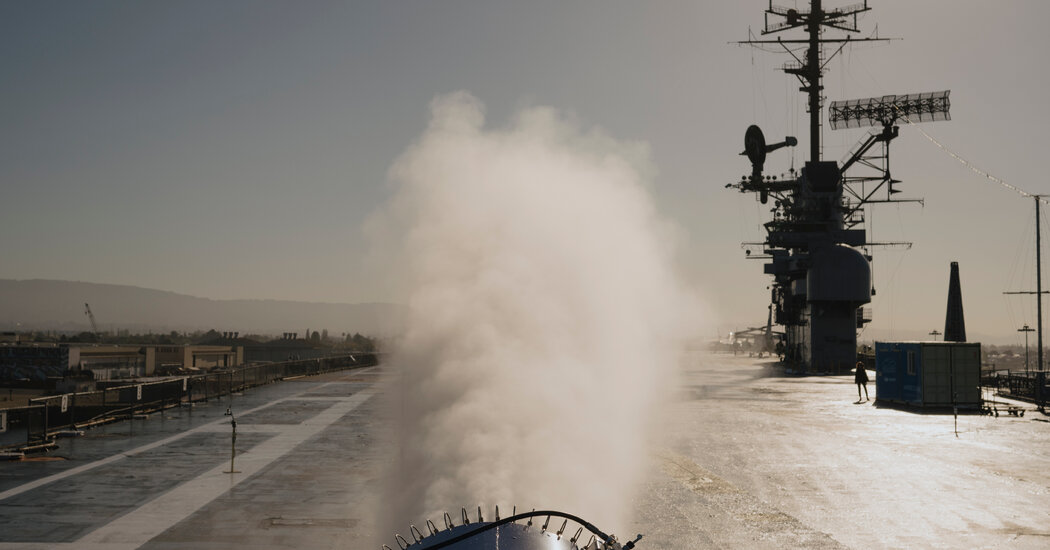



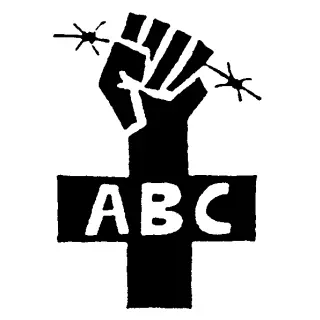

Thanks